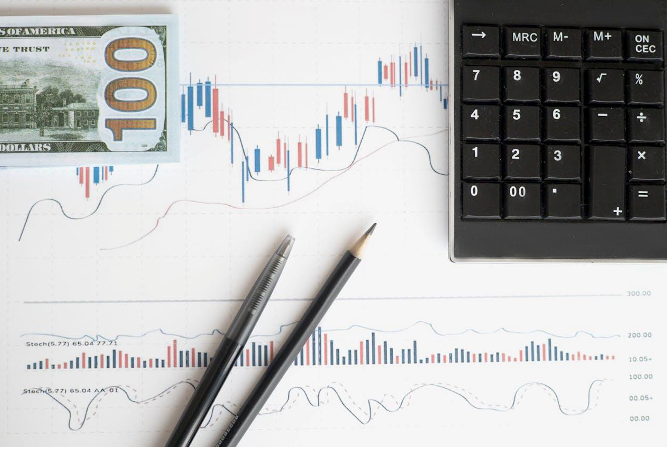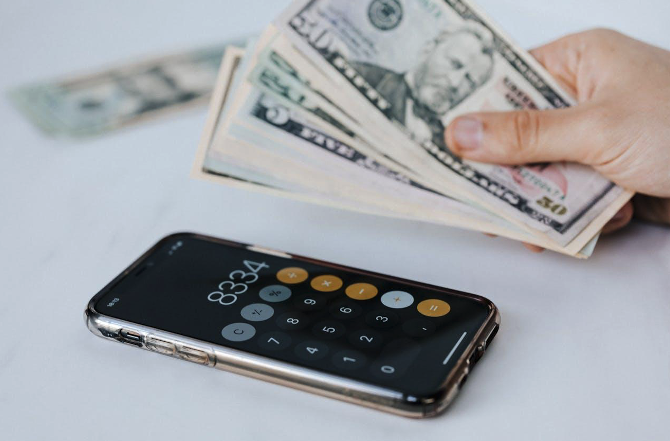In the wake of Donald Trump’s position as the new president-elect, the dollar will likely gain strength, with expectations set for a looser fiscal policy. Additionally, the new administration aims to impose more significant tariffs on imports, potentially leading to a cascade of depreciating currencies for emerging economies. This was witnessed with the renminbi’s fall in 2018 following Trump's announcement of a 25% tariff on goods imported from China.
However, while the US dollar may benefit from other countries’ increased reliance on it to facilitate trade, it may devalue as countries and investors seek less-expensive alternatives. Whether the US dollar strengthens or devalues, your savings shouldn't suffer. Here are five ways to manage your savings despite currency instability.

One of the most intelligent decisions you can make during currency instability is to spread your savings across multiple stable and strong currencies. Although the EUR-USD is one of the world's most significant traded foreign currency pairs, investing in other currencies may shield your savings from the uncertainties surrounding the US dollar.
The US dollar is currently strengthening, but it is not the strongest currency in the world. That position goes to the Kuwaiti dinar, valued at 3.25 USD per unit. The British pound and the euro also surpass the US dollar’s strength. Other stronger currencies include the Bahraini dinar, Swiss franc, and Omani rial. If you want to save in multiple currencies, consider opening a multi-currency account to manage your savings flexibly.
With inflation leading to the rise in the price of goods, having a way to secure the value of your money is now more important than ever. Treasury Inflation-Protected Securities (TIPS) are government bonds that consider the rise and fall of inflation rates. The principal value of the bond is adjusted based on changes in the Consumer Price Index (CPI), which accounts for inflation. When inflation rises, the bond interest rates rise, and vice versa. This way, you can protect the value of your money regardless of inflation levels.
As a US government investment vehicle, TIPS is one of the safest ways to manage your savings and diversify your investment portfolio.
If investing in TIPS, you should expect to get interest twice a year. The government pays the interest at a fixed rate. Each bond has a specific duration, some five years, others ten, or some as long as 30 years. Upon maturity, you will get the adjusted principal or the original principles, depending on the greater one.

Having some cash in a high-yield savings account, money market account, certificate of deposit (CD), or credit union share certificate will also be helpful when trying to mitigate against uncertainties in the US dollar. A typical high-yield savings account may not offer competitive or attractive interest rates compared to money market accounts.
Money market accounts, on the other hand, offer higher interest rates but require a higher minimum balance and may have more deposit requirements. A certificate of deposit is a unique type of savings account that offers a fixed interest rate for agreeing to save for a period of time.
CDs offer higher interest rates than typical savings accounts as incentives as you lose the withdrawal option for the duration of the savings. However, if need be, you can withdraw your CDs, but premature withdrawal comes with a penalty.
These savings options are best as low-risk strategies to mitigate against inflation.
Investing in physical assets is one of the best ways to hedge against currency instability. These assets sell for their current value as a haven against devaluation. Physical assets like gold, silver, and other precious metals do well over a more extended period. They may not be your best bet if you need a short-term strategy.
Real estate is another asset category that keeps pace with inflation. Traditionally, real estate performs well during periods of inflation, as landlords can raise rents with rising living costs. Beyond having a piece of landed property, you can invest in real estate virtually — through REITS (Real Estate Investment Trusts). Alternatively, you can invest a part of your savings in mutual funds that invest in real estate.
Investing in stocks is considered high risk compared to the safety of a savings account. However, the stock market yields incredible returns, making it a viable option if you're ready to take the risk. The safest approach to investing in stocks is to invest in index funds, which track a number of companies, cushioning the impact of individual stocks’s performance. Investing in index funds saves you the need to pick stocks yourself. Note that US companies will also be affected by any potential currency instability.
You can manage your savings and shield yourself from the potential adverse effects of currency instability by exploring alternative investment vehicles. Inflation-protected investments like the TIPS are the safest way to keep your savings. Other avenues you can explore to preserve the value of your money include other foreign currencies, physical assets, stocks, and different savings accounts.
